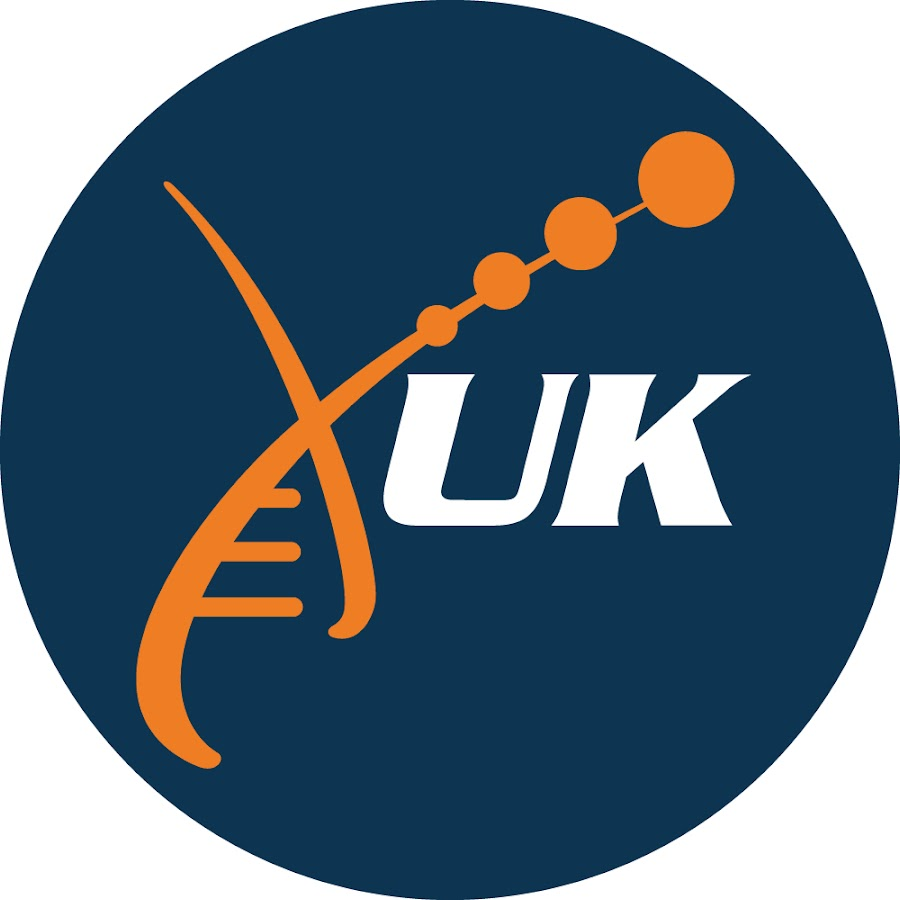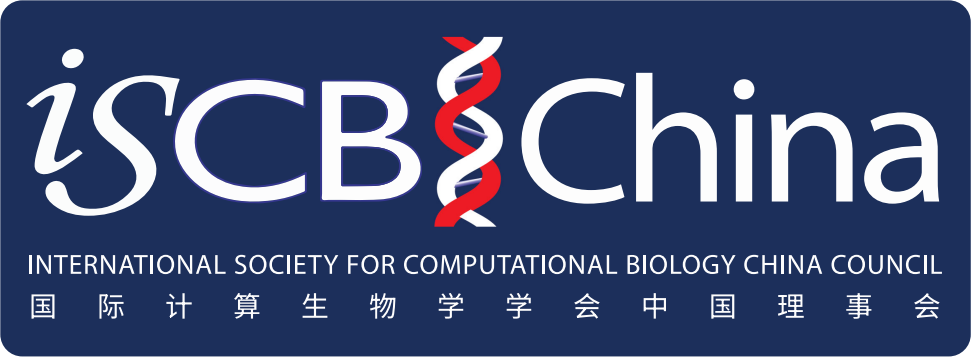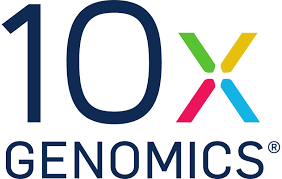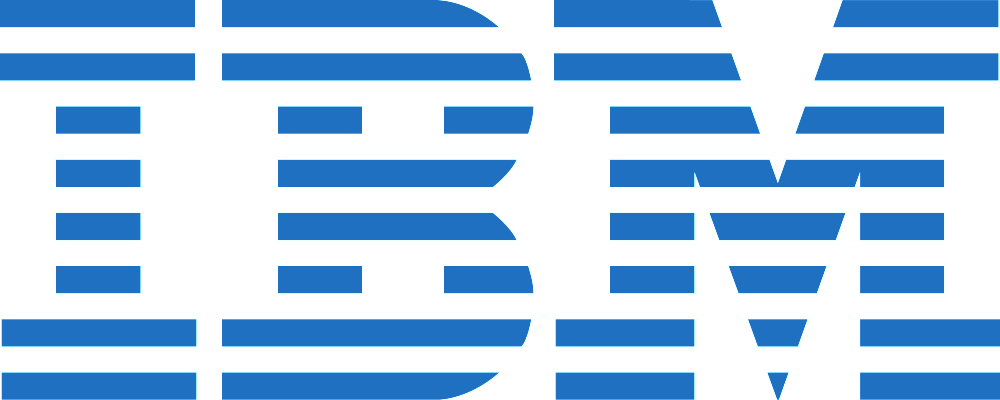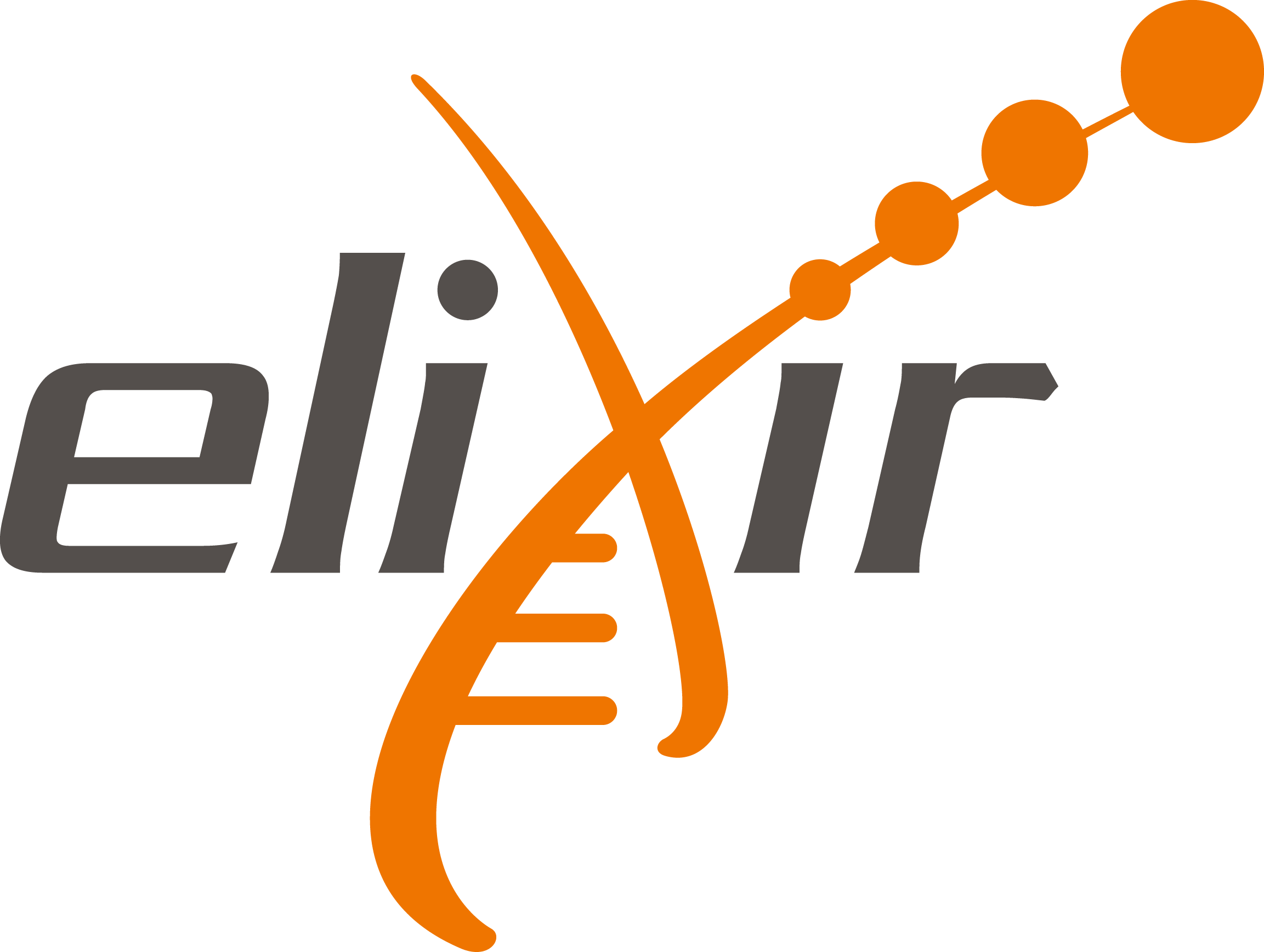Links within this page: John Jumper | Amos Bairoch | James Zou | Charlotte Deane | David Baker | Fabian Theis
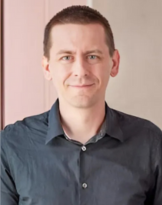 John Jumper
John Jumper
Google DeepMindUnited Kingdom
Introduced by: Janet Thornton
Time: Sunday, July 20, 2025 at 18:30-19:30
Room: 1A
Extending AlphaFold to make predictions across the universe of biomolecular interactions
The high accuracy of AlphaFold 2 in predicting protein structures and protein-protein interactions raises the question of how to extend the success of AlphaFold to general biomolecular modeling, including protein-nucleic and protein-small molecule structure predictions as well as the effects of post-translational modification. In this talk, I will discuss our latest work on AlphaFold 3 to develop a single deep learning system that makes accurate predictions across these interaction types, as well as examine some of the remaining challenges in predicting the universe of biologically-relevant protein interactions.
Biography
John Jumper received his PhD in Chemistry from the University of Chicago, where he developed machine learning methods to simulate protein dynamics. Prior to that, he worked at D.E. Shaw Research on molecular dynamics simulations of protein dynamics and supercooled liquids. He also holds an MPhil in Physics from the University of Cambridge and a B.S. in Physics and Mathematics from Vanderbilt University. At Google DeepMind, John is leading the development of new methods to apply machine learning to protein biology. John has won numerous awards for his work, including the Lasker Award, Breakthrough Prize in Life Sciences, the Canada Gairdner International Award, and the 2024 Nobel Prize in chemistry.
ISCB 2025 Accomplishments by a Senior Scientist winner:
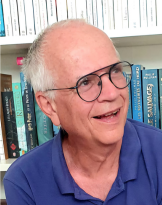 Amos Bairoch
Amos Bairoch
SIB Swiss Institute of BioinformaticsSwitzerland
Introduced by: João Carlos Setubal
Time: Monday, July 21, 2025 at 09:00-10:00
Room: 1A
Plus ça change, plus c'est la même chose": from Swiss-Prot to Cellosaurus, 40 years of biocuration
Amos Bairoch will reflect on 40 years of biocuration, from Swiss-Prot to Cellosaurus, highlighting how core challenges and values have endured despite the many developments in computational biology over that time.
Biography
Amos Bairoch is an Emeritus Professor at the University of Geneva and a group leader at the SIB Swiss Institute of Bioinformatics. A pioneer in bioinformatics, he is best known for developing foundational protein and genome databases, including UniProtKB/Swiss-Prot, which have transformed how biological data is curated and used worldwide.
Throughout his career, Amos has led efforts to enhance protein sequence annotation and develop widely used computational tools, shaping the field of molecular biology. His contributions to knowledge sharing in bioinformatics continue to influence research and innovation globally.
ISCB 2025 Overton Prize winner:
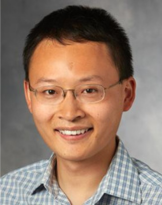 James Zou
James Zou
Stanford UniversityUnited States
Introduced by: Teresa Przytycka
Time: Tuesday, July 22, 2025 at 09:00-10:00
Room: 1A
Computational biology in the age of AI agents
AI agents—large language models equipped with tools and reasoning capabilities—are emerging as powerful research enablers. This talk will explore how computational biology is particularly well-positioned to benefit from rapid advances in agentic AI. I’ll first introduce the Virtual Lab—a collaborative team of AI scientist agents conducting in silico research meetings to tackle open-ended research projects. As an example application, the Virtual Lab designed new nanobody binders to recent Covid variants that we experimentally validated. Then I will present CellVoyager, a data science agent that analyzes complex genomics data to derive new insights. Finally I will discuss using AI agents to discover and explain new biological concepts encoded by large protein foundation models (interPLM). I will conclude by discussing limits of agents and a roadmap for human researcher-AI collaboration.
Biography
James Zou is an associate professor of biomedical data science at Stanford University, where he develops cutting-edge machine learning and AI techniques for applications in genomics and biomedical research. His work spans algorithmic advancements, ethical AI in healthcare, and precision medicine.
James has made key contributions to deep learning for biological data, interpretable AI, and fair and robust machine learning models for clinical applications. His research helps bridge computational methods with real-world medical impact.
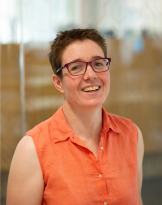 Charlotte Deane
Charlotte Deane
University of OxfordUnited Kingdom
https://www.stats.ox.ac.uk/~deane/
Introduced by: Carole Goble
Time: Wednesday, July 23, 2025 at 09:00-10:00
Room: 1A
Building the future of AI-driven structure-based drug discovery
The development of new therapeutics typically takes many years and requires over $1bn in investment. Computational methods and in particular, machine learning, have shown great promise for increasing the speed and reducing the cost of therapeutic development. In this talk I will describe some of the novel computational tools and databases we are pioneering from accurate rapid structure prediction to the prediction of their affinity and binding, looking at both their promise and limitations.
Biography
Charlotte Deane MBE is a Professor in the Department of Statistics at the University of Oxford and the Executive Chair of the Engineering and Physical Sciences Research Council (EPSRC).
From 2022 to 2023, Charlotte was Chief AI Officer at Exscientia, a biotech with ~450 employees, where she led its computational scientific development.
She served on SAGE, the UK Government’s Scientific Advisory Group for Emergencies, during the COVID-19 pandemic, and acted as UK Research and Innovation’s COVID-19 Response Director.
At Oxford, Charlotte leads the Oxford Protein Informatics Group (OPIG), who work on diverse problems across immunoinformatics, protein structure and small molecule drug discovery; using statistics, AI and computation to generate biological and medical insight.
Her work focuses on the development of novel algorithms, tools and databases that are openly available to the community. These tools are widely used web resources and are also part of several Pharma drug discovery pipelines. Charlotte is a member of several advisory boards and has consulted extensively with industry. Additionally, she has established a consulting arm within her research group as a way of promoting industrial interaction and use of the group’s software tools.
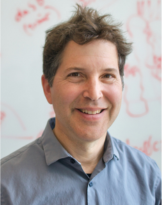 David Baker
David Baker
University of WashingtonUnited States
https://www.bakerlab.org/
Conversation with: Christine Orengo
Time: Thursday, July 24, 2025 at 16:20-18:00
Room: 1A
A Conversation with Nobel Laureate David Baker: Inspiration from a Life in Science
This special fireside chat features Nobel Laureate David Baker in a candid and inspiring conversation with Christine Orengo. Rather than exploring the technical details of his groundbreaking research, this 20-minute session will highlight the moments, mindsets, and motivations that shaped his journey—from early curiosity to Nobel recognition. Together, they’ll reflect on the role of creativity, perseverance, and vision in scientific discovery, offering insight and encouragement for the next generation of researchers.
Biography
Nobel Laureate David Baker is a professor of biochemistry, HHMI investigator, and the director of the Institute for Protein Design at the University of Washington School of Medicine. The Baker Lab develops protein design software and uses it to create molecules that solve challenges in medicine, technology, and sustainability. Among his recent work is the development of powerful machine-learning methods for generating functional proteins.
David is also an adjunct professor of genome sciences, bioengineering, chemical engineering, computer science, and physics at the University of Washington. He has published over 640 research papers, co-founded 21 companies, and been awarded more than 100 patents. Ninety of his mentees have gone on to independent faculty positions.
David is an elected member of the National Academy of Sciences and a recipient of numerous awards, including the 2024 Nobel Prize in Chemistry. TIME named him among the world’s 100 Most Influential People in health.
He received his PhD in biochemistry with Randy Schekman at the University of California, Berkeley, and did postdoctoral work in biophysics with David Agard at UCSF.
ISCB 2025 Innovator Award winner:
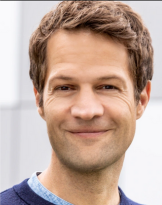 Fabian Theis
Fabian Theis
Helmholtz MunichGermany
http://comp.bio
Introduced by: Predrag Radivojac
Time: Thursday, July 24, 2025 at 16:20-18:00
Room: 1A
Decoding cellular systems: From observational atlases to generative interventions
Over the past decade, the field of computational cell biology has undergone a transformation — from cataloging cell types to modeling how cells behave, interact, and respond to perturbations. In this talk, I will review and explore how machine learning is enabling this shift, focusing on two converging frontiers: integrated cellular mapping and actionable generative models.
I’ll begin with a brief overview of recent advances in representation learning for atlas-scale integration, highlighting work across the Human Cell Atlas and beyond. These efforts aim to unify diverse single-cell and spatial modalities into shared manifolds of cellular identity and state. As one example, I will present our recent multimodal atlas of human brain organoids, which integrates transcriptomic variation across development and lab protocols.
From there, I’ll review the emerging landscape of foundation models in single-cell genomics, including our work on Nicheformer, a transformer trained on millions of spatial and dissociated cells. These models offer generalizable embeddings for a range of tasks—but more importantly, they set the stage for predictive modeling of biological responses.
I’ll close by introducing perturbation models leveraging generative AI to model interventions on these systems. As example I will show Cellflow, a generative framework that learns how perturbations such as drugs, cytokines or gene edits — shift cellular phenotypes. It enables virtual experimental design, including in silico protocol screening for brain organoid differentiation. This exemplifies a move toward models that not only interpret biological systems, but help shape them.
Biography
Fabian Theis is the Director of the Computational Health Center at Helmholtz Munich and a full professor at the Technical University of Munich. A leading expert in computational biology, he applies machine learning to biomedical data, with a particular focus on single-cell analysis and its implications for precision medicine.
Fabian’s work bridges AI, genomics, and healthcare, pioneering methods that drive biological discovery and advance our understanding of human health. His research has contributed to major breakthroughs in single-cell transcriptomics and the integration of deep learning into biomedical sciences.



